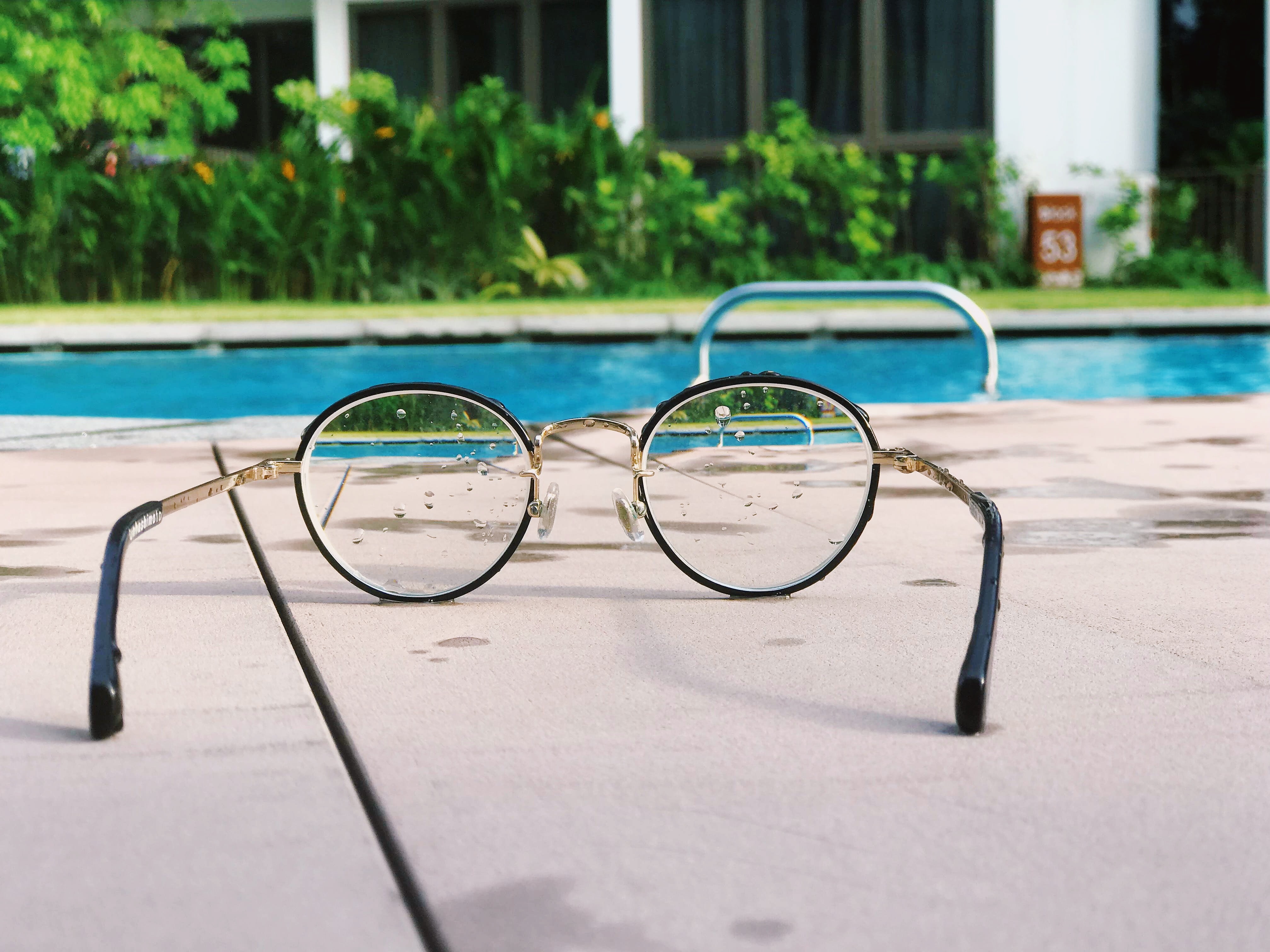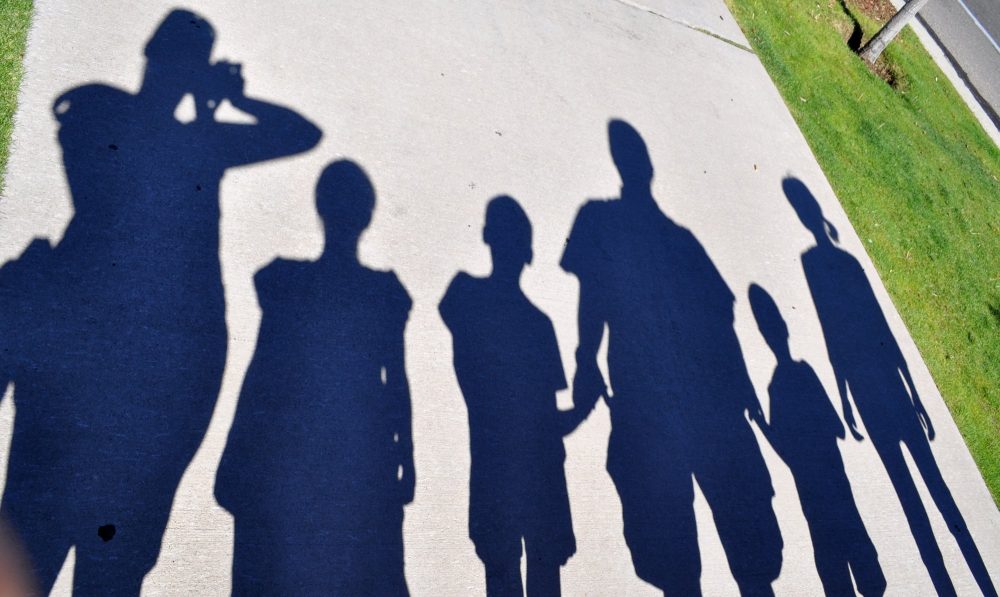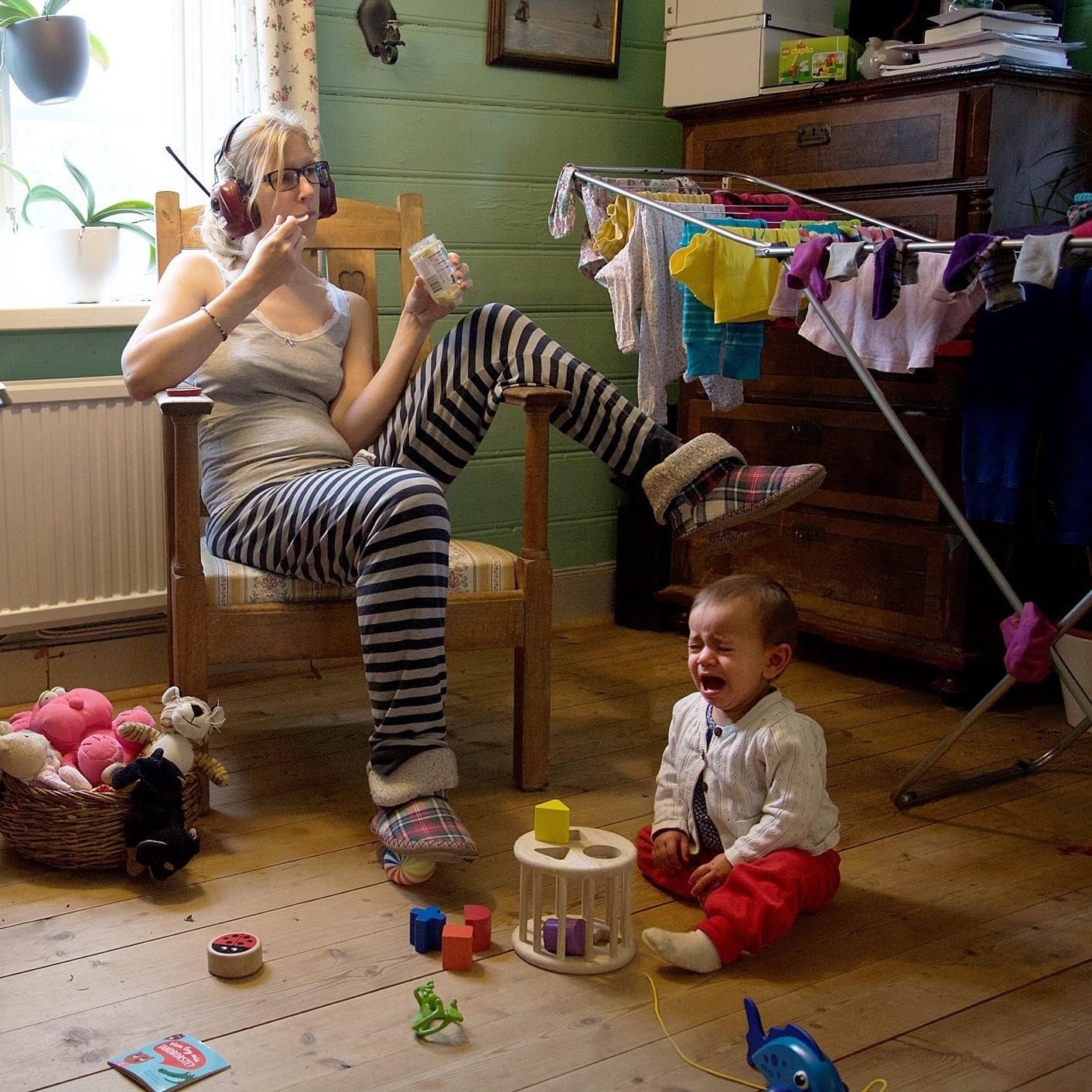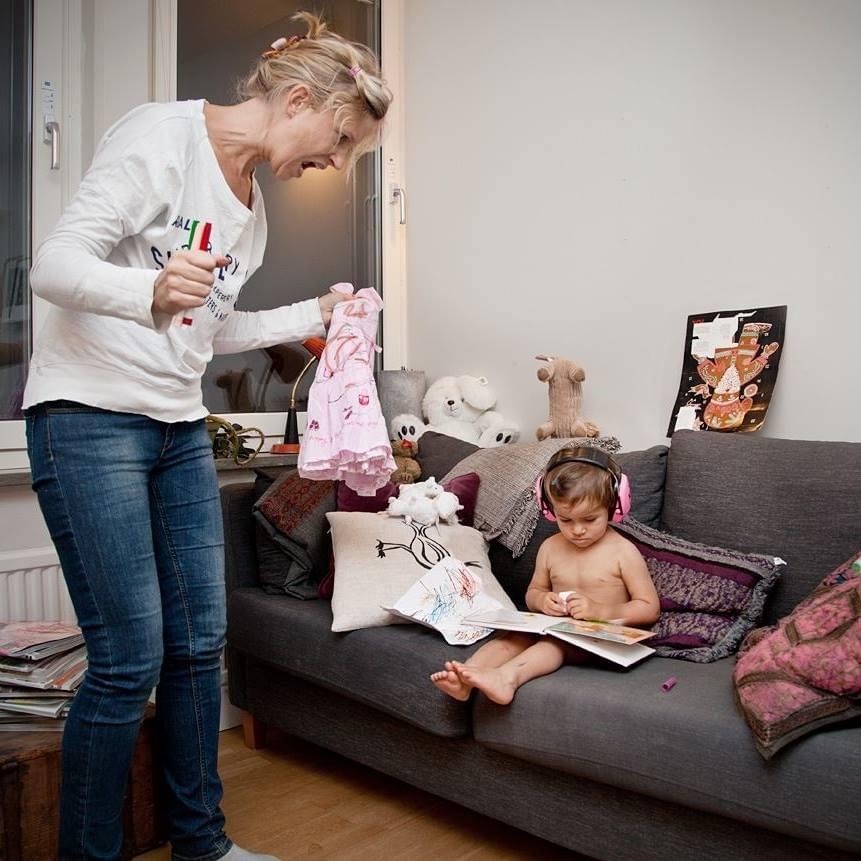We are all applauding Captain Tom Moore and his astonishing fund-raising effort, if that isn’t ‘active ageing’ made manifest what is? By demonstrating an energy, stamina and enthusiasm many would associate with those of a younger age he has attracted understandable praise. At the same time as a crisis can bring out the best in people it also sadly reveals all kinds of lazy and pernicious habits of thinking, which may translate into poor practice and behaviour. Ageism is one of the legally protected characteristics where there is little taboo about openly making prejudiced comments and remarks. Just skim through Moonpig’s birthday cards (other online card retailers are also available) to find scores of ’joke’ cards about getting older, almost none of them life affirming! It is also important to remember that ageing doesn’t just impact older people but is often used to undermine younger sections of the population as well.
The Covid-19 pandemic has spawned some unhelpful and profoundly worrying attitudes to age; the hashtag #boomerremover which trended on social media being amongst them. There has also been too ready a tendency to castigate irresponsible millennials for failing to socially isolate – a stereotype that is no fairer than any of the others to be mentioned here. The current situation of lock down and social distancing is testing everyone. This includes those with children or others at home that need care, but also those who live alone, senior or not. It is also worth remembering that social isolation can be a common experience for the elderly or some disabled people at the best of times.

Stressing that the 70+ age group are especially vulnerable to Covid-19 has not only reinforced a deficit model of ageing – everyone over 70 is positioned as a poor frail old thing, possibly with not much to live for- but it hasn’t helped other groups either. It may have encouraged people under 30 to think they have nothing to worry about, which the appalling death toll shows is not the case –people of all ages have died or been extremely ill with Covid-19 and we do not understand the reasons why some, including 106 year old Connie Titchen, come through. What we can clearly see however, is that existing inequalities of health and their structural determinants such as race and class, put people at greater risk than age alone. Here as in all manifestations of inequality the intersections between different disadvantages makes some people especially vulnerable.
Covid-19 puts our attitudes to age and how they affect our ideas and actions centre stage.
The health service can be casually ageist in the best of times. Recently just before going through the flap for surgery I was asked one last time my name and date of birth, on hearing the latter the nurse smiled broadly and said ‘oh you don’t look your age’ to which I think I was supposed to say ‘oh thank you’ – I didn’t. A few years ago after a knee replacement a physiotherapist asked me what my post-operative aspirations were, helpfully suggesting whether ‘I want to be able to pop down to the shops’! Covid-19 puts our attitudes to age and how they affect our ideas and actions centre stage.
The lack of preparedness for a pandemic in the already stretched NHS has brought to attention the potential need for rationing and public discussion of who is most deserving of ventilators if it comes to that. Texas official Lieutenant governor Dan Patrick told Fox News that ‘Older people would rather die than let Covid-19 harm US economy’ and that he thought many other ‘grandparents’ would agree with him. Suggesting perhaps that legions of seniors should fall on their swords and be prepared to die for the greater good. The potential inadequacy of resources in the NHS is a very real issue for those health professionals facing the rapid rise in Covid19 patients. Using some ‘clinical frailty scale’ whilst seeming a basis for deciding who is most likely to benefit from medical intervention risks scooping up all kinds of people not just the old, but also disabled adults and others with long term but stable health conditions. Frailty here just becomes a preference for able-bodiedness. Indeed one could argue that a lot of ageism towards older people is really disableism assuming that with age comes diminished physical and mental health and by inference less worth.
Everyone is at risk of Covid-19, and some existing inequalities are amplified by its progress. Let’s resist the temptation to fall back on tired stereotypes about who is worthy and who is not and instead understand that more than ever we are in it together.
Further than this we have seen a shocking disregard for the population of care homes, in some countries literally abandoned to die. In the UK we have only just recently started to account publicly for the number of deaths due to Covid-19 of care home residents, as if these deaths mattered less. All of this reveals that we slip too easily into seeing the older population as less deserving and more expendable and risk putting pressure on older people themselves to self-identify as less important. Everyone is at risk of Covid-19, and some existing inequalities are amplified by its progress. Let’s resist the temptation to fall back on tired stereotypes about who is worthy and who is not and instead understand that more than ever we are in it together.
The Government have put out a call for evidence of the impact of Covid-19 for all those with protected characteristics. Reply before the 30th April.

 It’s 9pm, the kids are asleep, there’s a tonne of work to be done, the kitchen has the remnants of three rushed meals on every surface, the lounge is cluttered with toys and cardboard designs and the smallest bits of shredded paper that only a hoover will pick up. Your back aches from sitting at the uncomfortable kitchen table on your laptop and you really should do some yoga to wind down and tidy up all the mess from the day. There are 7 missed calls from your mum and 45 unanswered WhatsApp messages from family and friends. You dive in between the dishes to make a G&T and fall asleep in front of the telly, feeling sad that you once again didn’t manage it all.
It’s 9pm, the kids are asleep, there’s a tonne of work to be done, the kitchen has the remnants of three rushed meals on every surface, the lounge is cluttered with toys and cardboard designs and the smallest bits of shredded paper that only a hoover will pick up. Your back aches from sitting at the uncomfortable kitchen table on your laptop and you really should do some yoga to wind down and tidy up all the mess from the day. There are 7 missed calls from your mum and 45 unanswered WhatsApp messages from family and friends. You dive in between the dishes to make a G&T and fall asleep in front of the telly, feeling sad that you once again didn’t manage it all.